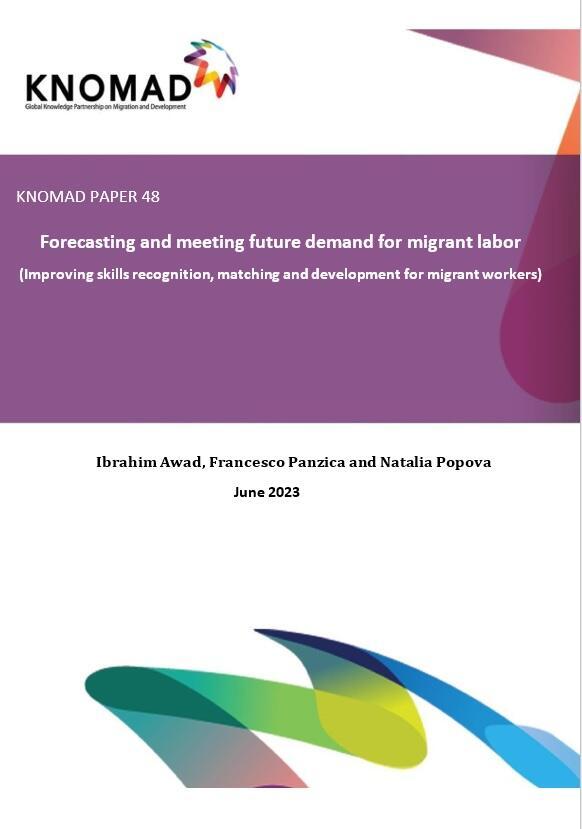
Forecasting and meeting future demand for migrant labor
Labour migration policies in destination countries frequently consider and facilitate the immigration of highly skilled workers. Low-skilled migrant workers may experience greater challenges in labour market integration, including during the COVID-19 pandemic. A greater need for coherence among labour migration, employment and education and training policies has been identified as a critical factor for improving labour migration governance and skills portability. The active engagement of employers’ and workers’ organizations, along with governments, in labour migration policy design and implementation may ensure more effective and coordinated policy approaches to address future skills demand and supply for migrant labour. The concrete measures for forecasting and meeting future demand for migrant labour will depend on the specific country context, institutional capacities and policy attention, as well as the effective collaboration of governments and social partners.

